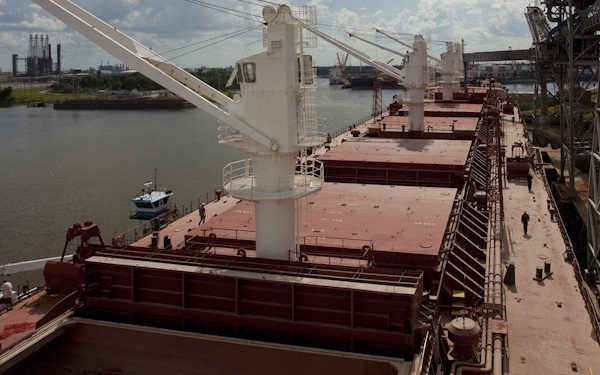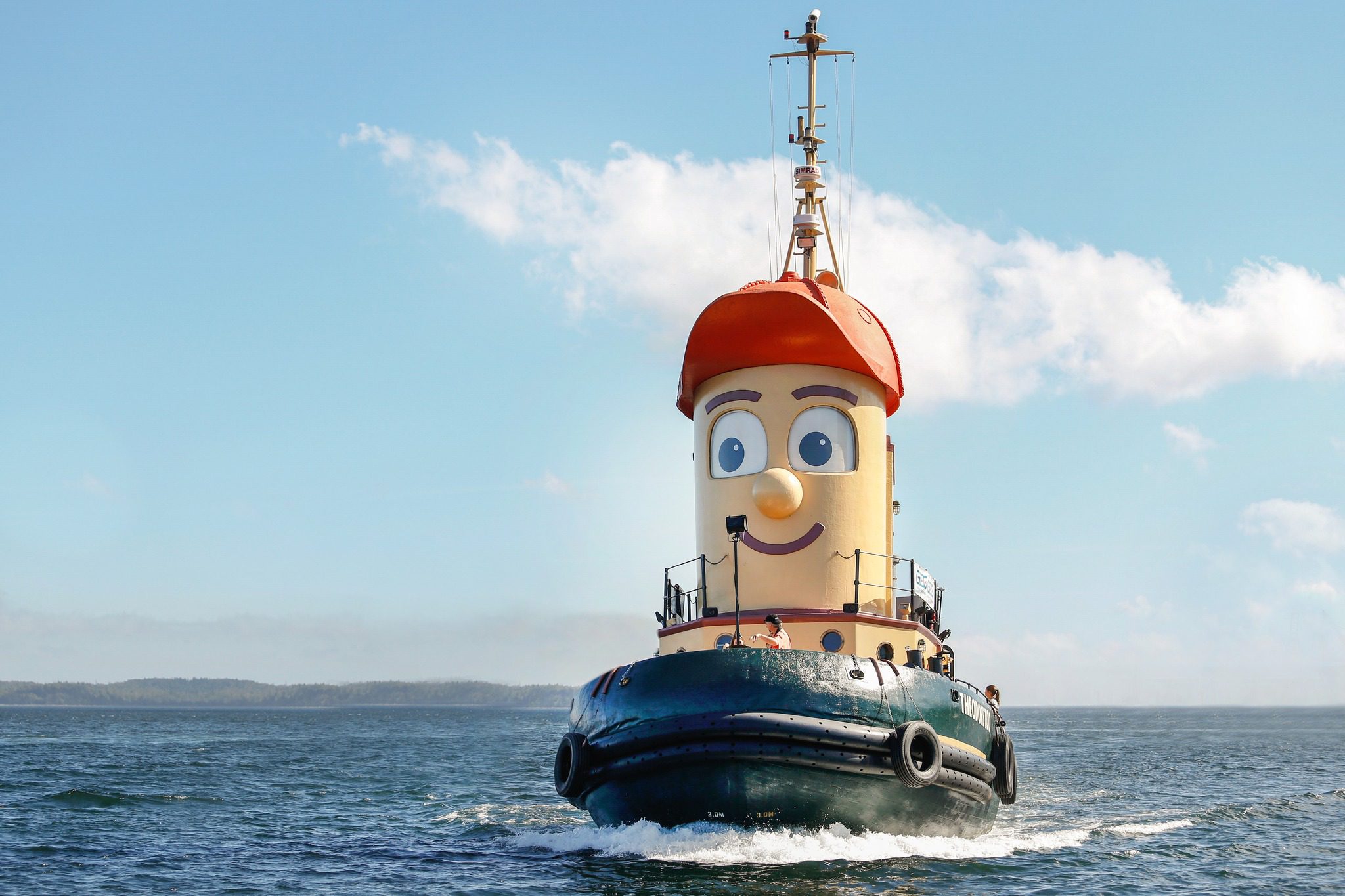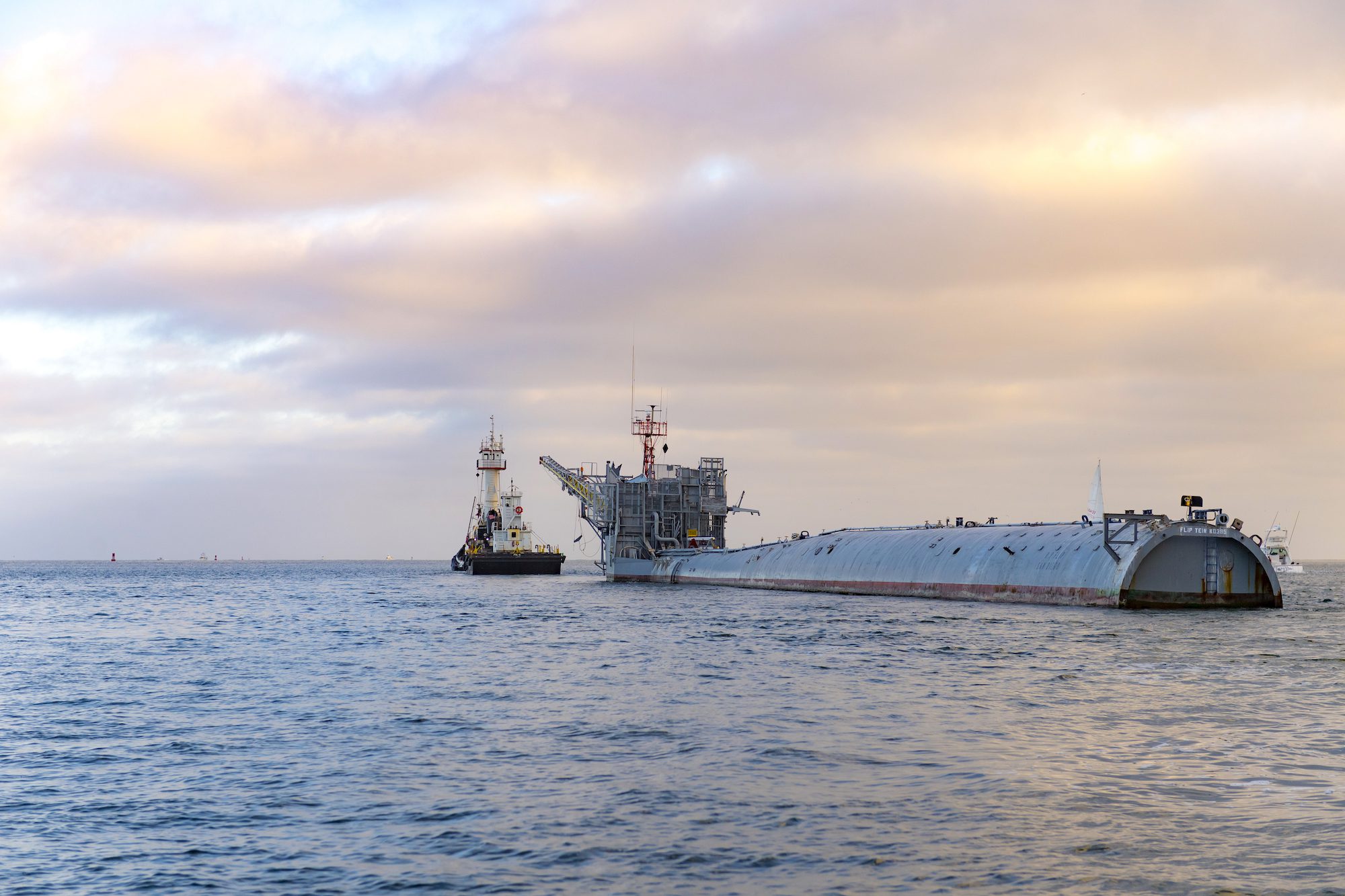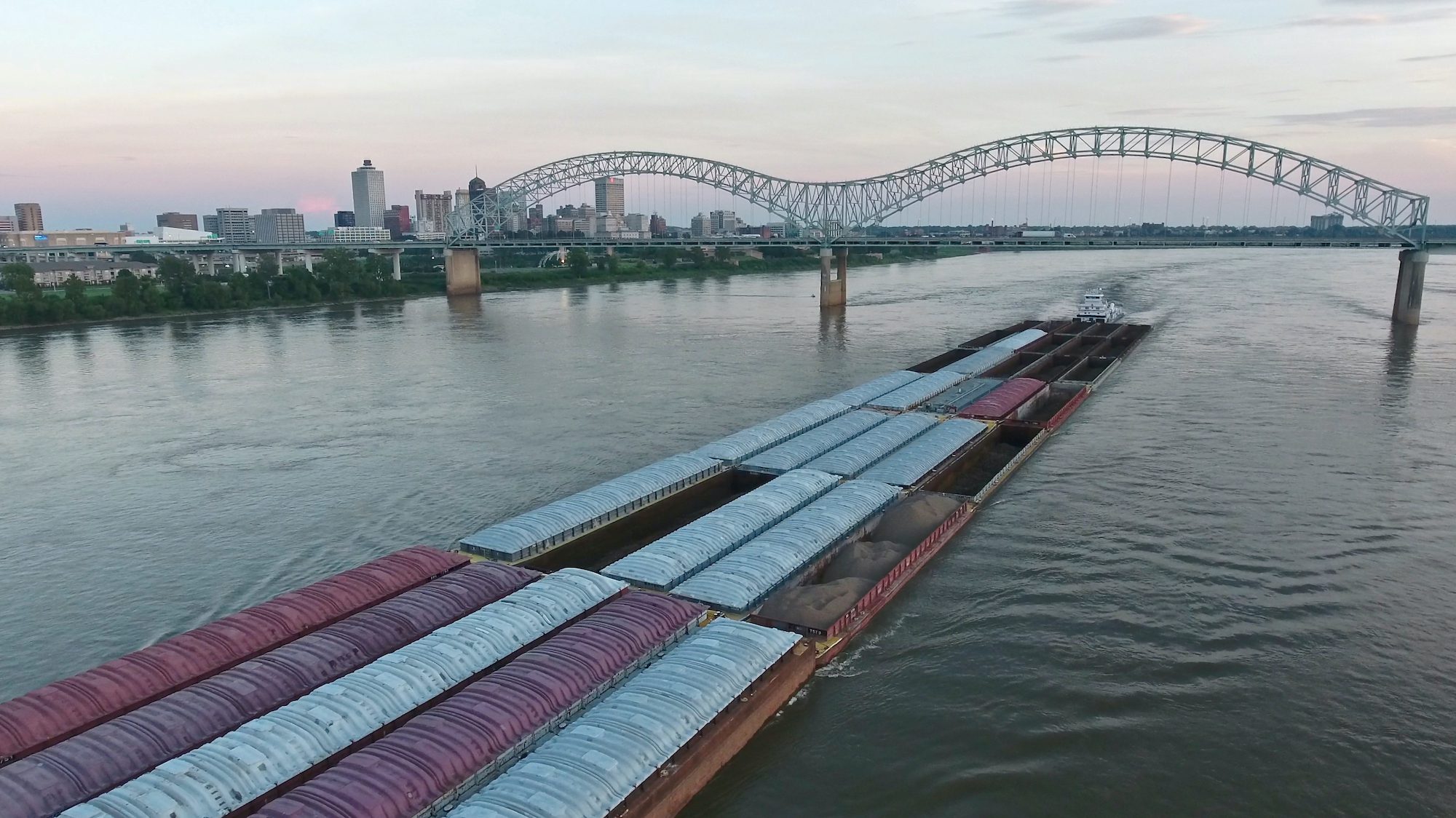
Over the past year or so, the IMO has come up with a calculation that gives a rough idea of the energy efficiency of a ship. This number is essentially the measure of the ship’s carbon dioxide output, divided by it’s cargo-carrying capacity. This Energy Efficiency Design Index (EEDI), will likely be applied to all new conventional ship designs in the future to help promote the development of more efficient marine engines, ship designs, and best practices.
This is certainly a step in the right direction, however problem areas still exist with this calculation as it may in some cases negatively impact short-run shipping operations, does not give adequate consideration to ships with special machinery requirements such as dredgers and icebreakers, and because this number is determined much more by the operational speed of a given ship, vice the actual design of the hull form. This may result in a virtual speed limit at sea prompting supply chains to shift to a more land-based mode. (source: Wartsila presentation 24 Sep 2010)
In keeping with the industry’s push to move forward with more efficient ship designs, Lloyd’s Register and Shanghai Bestway Marine Engineering have recently announced the completion of a joint project to develop a “trend-setting environmental bulk carrier.”
Please see their press release below:
‘Emerald’ design offers a lighter and environmentally friendly ship as project exceeds fuel-saving targets
Lloyd’s Register and Shanghai-based Bestway Marine Engineering Design have completed their joint-industry project to develop a trend-setting environmental bulk carrier, with results far exceeding expectations.
According to the provisional data from the project, the new design for a 35,000 Dwt bulk carrier will achieve an 18% improvement in environmental efficiency over comparable previous versions when measured against the IMO’s Energy Efficiency Design Index, a method by which a ship’s CO2 efficiency is measured.
“This project clearly demonstrates what can be achieved through the power of technical co-operation,” said Nick Brown, Lloyd’s Register’s Country and Marine Manager, China. “It showcased our technical expertise and ability to provide timely insights and support to innovative designers such as Bestway right from the initial design stage. This project also highlighted the leadership Bestway is taking in the area of ship design. We are confident about working together again with Bestway on safe and efficient designs in the future.”
The new ‘Emerald’ design exceeded targets in a number of key areas: it reduced the Handysize model’s steel weight by 12%, making room for more revenue-generating cargo without increasing fuel consumption (the target was a 10% reduction); it also reduced fuel consumption by 19.5% (the target was 15%).
Both companies have since committed to return to the drawing board to see what further practical gains can be made with 35,000-dwt and other ship designs to answer calls from the market for ‘greener’ more efficient ships.
“This project demonstrated and strengthened the strong relationship between Lloyd’s Register and Bestway. It is an excellent example of effective co-operation between a local design company and a leading classification society,” said Prof. Liu Nan, Bestway Chairman and General Manager. “I am sure that with more co-operation our ‘Emerald’ series and other bulk carrier ship-types will be optimised and all these ship-types will satisfy a growing demand from the global ship-owner community.”
The project was started in 2009 to research the commercial, functional and design feasibility of developing environment-friendly, low-carbon, economical bulk carriers. Owners in Asia and in Europe are showing interest in the innovative vessel designs and Bestway is now applying the design criteria to a number of different sized bulk carriers.
With support from London-based members of the organisation’s Strategic Research Group, Lloyd’s Register Classification Society (China) is working with Bestway to provide training on the application of the organisation’s classification rules and rule-change updates, as well as providing Bestway staff with technical training on the operational impact these changes will have on ship-design.

 Join The Club
Join The Club











